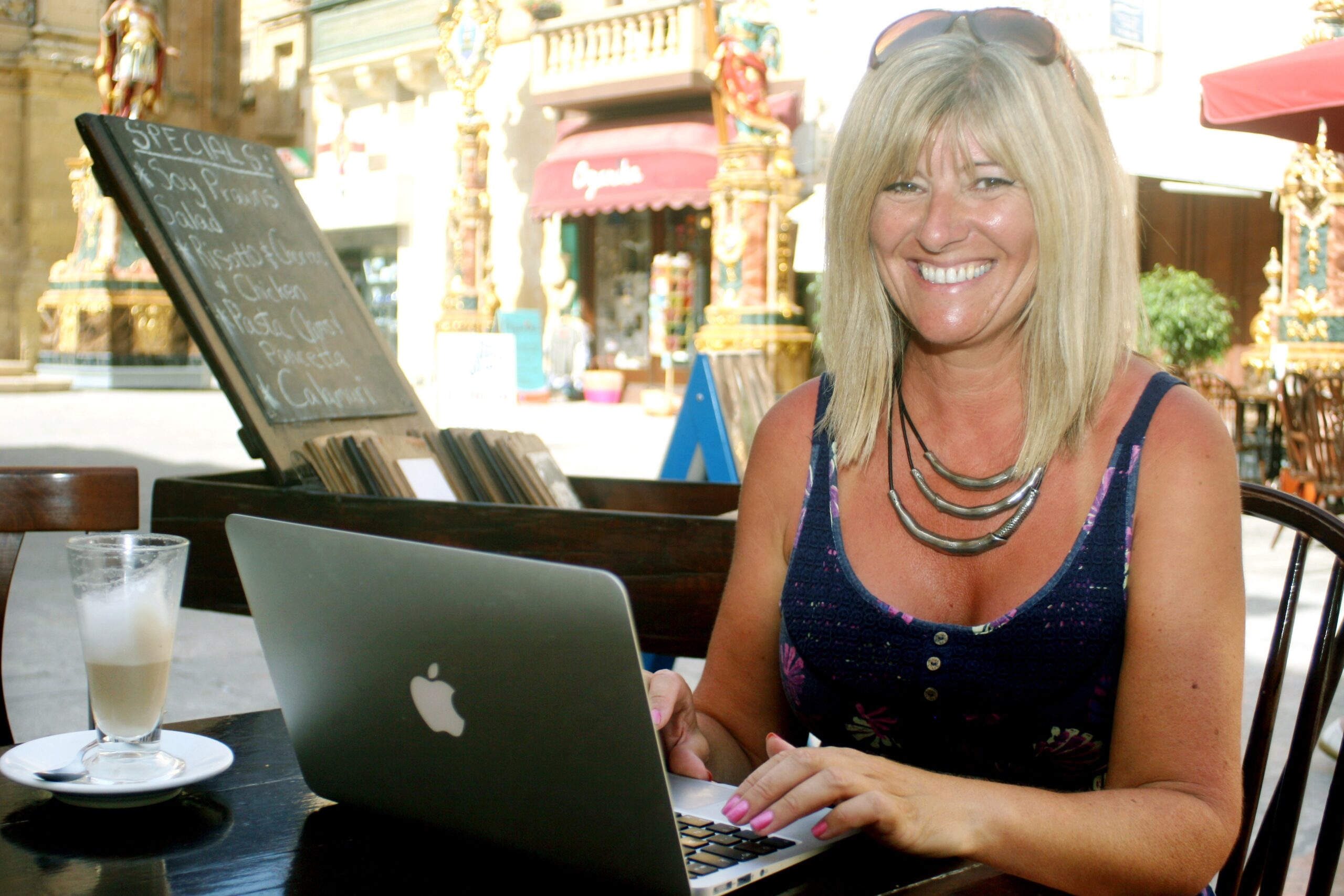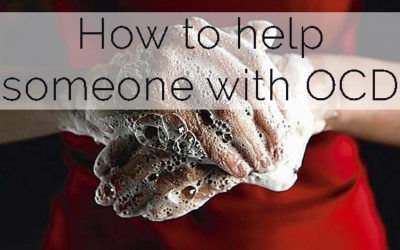
Are you your own worst enemy?
Author – Emma Triplett
Lets suppose there was someone in your life that you would call an enemy, how do you think they would behave?
- Put you down
- Make you feel bad about yourself
- Knock your confidence
- Tell you that you’re not good enough
- Tell you that you can’t do things
- Lead you to believe that other people don’t like you
- Make you think people are talking about you
- Sabotage opportunities by putting doubt in your mind so you don’t take them
Not a very nice way to behave, not someone you would want in your life and you certainly wouldn’t call them a friend, would you?
But are you doing these unkind things to yourself?
Do you realise you’re doing it?
Or perhaps more importantly do you realise that you don’t have to and that you can change your thought processes?
We all have the potential for that voice of self doubt to become louder than the rational, logical one that gives us the positive feedback. But we also all have the potential to be confident, happy, loved by others and someone who takes opportunities that come our way, making the most of them, living life to the full.
We all have the choice of how we live, however, for some people who have grown up in a negative environment or have been influenced for years by negativity around them, that inner worst enemy may have become a ‘normal’ way of living, not knowing that there is another way and that it can be learnt, ignorant of the possibilities open to them.
How to be a better friend to yourself
- The first step is the step of decision, you don’t have to believe it just yet, that will come, you just need to open your mind to the possibility of a more positive confident life.
- The second step is the step of action. This is where many people fall down, they don’t move from the step of decision to the step of action, wishing, hoping, wanting is good, but at some point you have to do something about it.
- The third step is the step of acceptance. Acceptance that you need to find a new way, that there is another way and that you might be wrong. If you genuinely want to change your life, you have to be prepared to change your perception and that only happens when you can first accept that you might not be right and let go of those warped beliefs
- The fourth step is the step of learning. You only know what you know. Many people are held in bondage by their own mind, trapped in false beliefs and limited knowledge. When they are challenged on a belief, they search their own inner database (described to be recently as their inner google) for answers only to receive confirmation of their current belief. Our mind is a wonderful mysterious powerful thing and it will find evidence to back up whatever you choose to believe. To change what you believe you have to learn something new.
- The fifth step is the step of positivity. Positive activity, positive interaction and positive learning. These three positive dimensions do one important thing and that is to create serotonin. Serotonin is a neurotransmitter (chemical messenger) crucial for a happy, balanced and relaxed life, Serotonin will help you cope with anything life throws at you, it will make you braver, more confident and motivated, it will help you cope with physical fear, help you cope with pain and boost your immune system, but most of all it will re-engage your intellectual rational, best friend brain and help that inner worst enemy to shut up.
If you want to learn more about creating serotonin, there are articles on the site.
If you have an inspiring story or something to share that you think will help others wrestling with anxiety or depression, I would love to hear from you. If you have found in particular strategy helpful, chances are that someone else will also benefit, spread the word, share the love and help the fight back against the epidemic of anxiety and depression spreading across the western world.
Wishing you health, wealth, happiness and success


More Articles to help anxiety and depression
Arrange a Free Initial Consultation in Cirencester, Exeter, Plymouth, Swindon or by Skype
Shop for online courses, eBooks and Self Hypnosis Tracks to help anxiety and depression
Intrusive Thoughts
Intrusive thoughts, what are they? What do they mean and how can we learn to manage them?
Positive Thinking, Positive Doing
Free Gift for February. Download the newest hypnosis track from Old Town Hypnotherapy absolutely free, no email address needed, no strings attached, just free.
How health anxiety affects the body
Health anxiety is a form of anxiety where worrying, obsessing about health problems and fixating on sensations in the body manifests in a variety of physical symptoms which, in turn, creates anxiety that fuels the problem. However, anxiety in general does affect the body, so for those with health anxiety, these things become a particular concern.
Is Health Anxiety OCD?
Author & Video - Emma Triplett Image by Free-Photos from Pixabay Worrying about health and/or death are arguably amongst of the most common symptoms of anxiety but for some health becomes the sole focus of their anxiety and is given the term health anxiety....
How to Help Someone with OCD
Obsessive Compulsive Disorder can be hard to ignore if you’re living with someone who has it. The temptation is to buy into the OCD and either join the person helping out with their obsession by buying wet-wipes for the person with a germ OCD for example, or to try and stop them carrying out their habits or rituals, encourage them to resist the compulsion. What should you do for the best?
What’s the point of getting out into nature?
Doctors can advise exercise as a remedy for some mental illness, Mind.org.uk has completed a five year study into the benefits of ecotherapy, but why is exercise and nature so beneficial?
Disclaimer | Privacy Policy | Terms and Conditions
Copyright © OLD TOWN HYPNOTHERAPY 2016 All Rights Reserved







